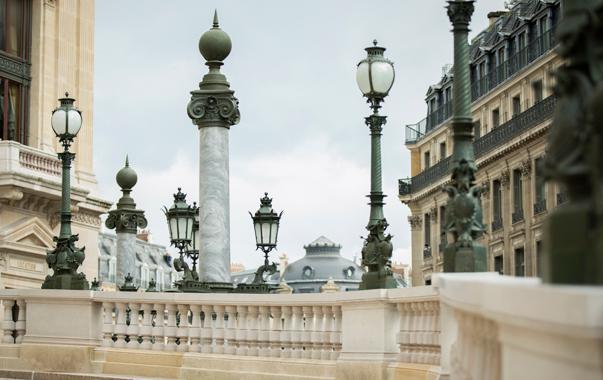By: Frank Cadenhead
September 13, 2018. The French website ForumOpéra.com posted a 58 word note on Tuesday which announced something which has not appeared in the major press. It reported that the Minister of Culture, Françoise Nyssen, has already told Stéphane Lissner that his current term as director of the Opéra national de Paris would not be extended. He will leave, therefore, in 2021. The last sentence notes that the decision was apparently a result of a “bilan mitigé” (which Google translates as “mixed results”) but did not make clear whose opinion this might be. This post has since been deleted. It did, however, set off a storm of writing in the press which confirmed the story and acknowledged that the Culture Ministry is now looking for a replacement. Given the four or five year pre-planning for opera houses, the search is already somewhat tardy. A complication of this Forum Opéra post is that its chief editor, Sylvain Fort, is now in charge of relations with the press for the President of France, Emmanuel Macron. ForumOpéra.com had spoken strongly against Lissner’s alterations of boxes at the Palais Garnier and posted other criticisms of his leadership so the since-deleted “bilan mitigé” comment might been a bridge too far between Fort’s new role and his editorial role at the website.
Lissner, director since July of 2014, will be 68 in 2021 and above the age of retirement for government positions. Some imagined that he might get a waiver, as has been done in the past, and continue for another three years. He has included more advanced staging from controversial directors and has balanced the books despite the annual reduction in government generosity by doubling the income from private sponsors from 10 million to 20 million euros annually. Attendance figures at the two houses are always in the high 90s.
Lissner’s past history is impressive: Théâtre du Châtelet (1988-1997), Aix-en-Provence Festival (1998-2006). At those same periods, Lissner directed two theaters with one of which, the Théâtre des Bouffes du Nord, he co-directed with theater legend Peter Brook. Lissner was the first non-Italian to lead the La Scala opera company, 2005 – 2012. Moving on from seven years at the Aix-en-Provence festival (which has almost no government support) he was aware that major commercial brands might be interested in contributing to, and receiving recognition from, the legendary company. With this new financial source, and more challenging programming, he restored the balance sheet and standing of the historic theater after a long period of decline.
For the period beginning in 2014, It was generally accepted that he, or Serge Dorny of the Opéra National de Lyon, might be the logical successor to the conservative Nicolas Joel to take the Paris Opera to a new level of artistic and financial success. Lissner, coming from the La Scala rescue, seemed the careful choice but his programming, productions and casting, while important, maybe lacks a particular flare to garner the international attention many in France would like to see. The artistically adventurous Dorny, who took a plodding regional company in Lyon into the international spotlight, is now only 58 and would still be high on anyone’s list for Paris but is now unavailable: in March, he was named the new intendant of the Bavarian State Opera to start in 2021 and is already spending some of his time in Munich. Dorny’s Opéra national de Lyon now has a broad and challenging repertory and, importantly, the full houses have an average age much younger than when he arrived.
Lissner was the first non-Italian to lead La Scala and Dominique Meyer was the first non-Germanic to lead the VSO. Among names who might take over in Paris, note that Dominique Meyer is approaching his final season, 2019-2020, at the Vienna State Opera. Meyer will be 65 in 2020 and his ten year term saw steady direction and solid attendance. Radical productions were avoided, outrage was seldom heard and conservative Vienna was satisfied. There is a separate company, the Theater an der Wien, whose mission is to probe the edges of modern opera, so Meyer’s job, to continue the tradition of the VSO, was not subject to controversy. He imported Manuel Legris from the Paris Opera Ballet who revived the moribund ballet and brought it positive international attention. Meyer could be under consideration but there has been some movement in regional companies in France to look to a younger generation for a fresh approach to opera. Nothing has been leaked about a Culture Ministry search committee or have any candidate names been hinted at. At least we know that the process has begun.
